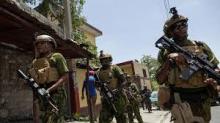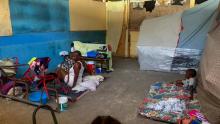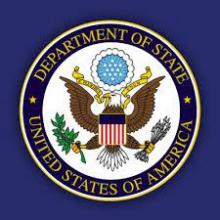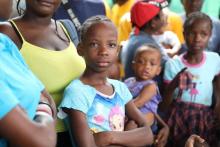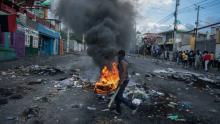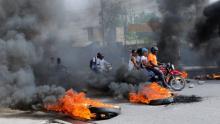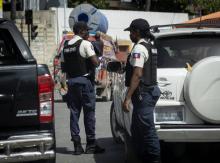New UN Force Set to Tackle Gangs, Haitians Exhausted
As the UN-Approved Gang Supression Force (GSP) takes shape, many Haitians are unsure whether it will be able to reclaim Port au Prince, which is 90% controlled by gangs, let alone areas outside it. Many questions remain. Will the GSF reach the anticipated 5,500 police and military officers hoped for? How will the force interface with and protect civiians? How long will it remain and how will it transition if there is not a competent central government prepated to invest in its own people and their security? The full article by Milo Milfort for the New Humanitarian follows.
